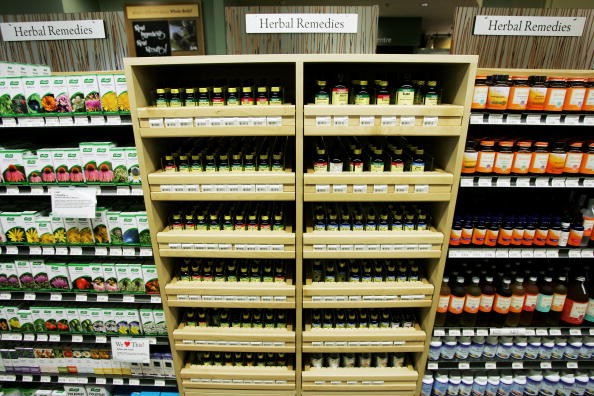
Red yeast rice is part of the traditional Chinese cuisine and medicine. The rice is also found in the United States, often included in dietary supplements that have been branded to lower blood cholesterol.
Here are some key facts and safety information provided by the National Center for Complementary and alternative Medicine (NCCAM).
Key Facts
- Some red yeast rice products contain substantial amounts of monacolin K, which is chemically identical to the active ingredient in the cholesterol-lowering drug lovastatin. These products may lower blood cholesterol levels and can cause the same types of side effects and drug interactions as lovastatin.
- Other red yeast rice products contain little or no monacolin K. It is not known whether these products have any effect on blood cholesterol levels.
- Consumers have no way of knowing how much monacolin K is present in most red yeast rice products. The labels on these products usually state only the amount of red yeast rice that they contain, not the amount of monacolin K.
- The U.S. Food and Drug Administration (FDA) has determined that red yeast rice products that contain more than trace amounts of monacolin K are unapproved new drugs and cannot be sold legally as dietary supplements.
- Some red yeast rice products contain a contaminant called citrinin, which can cause kidney failure.
Safety
- The same types of side effects that can occur in patients taking lovastatin as a drug can also occur in patients who take red yeast rice products that contain monacolin K. Potential side effects include myopathy (muscle symptoms such as pain and weakness), rhabdomyolysis (a condition in which muscle fibers break down, releasing substances into the bloodstream that can harm the kidneys), and liver toxicity. Each of these three side effects has been reported in people who were taking red yeast rice.
- Red yeast rice supplements should not be used while pregnant or breastfeeding.
- If the process of culturing red yeast rice is not carefully controlled, a substance called citrinin can form. Citrinin has been shown to cause kidney failure in experimental animals and genetic damage in human cells. In a 2011 analysis of red yeast rice products sold as dietary supplements, 4 of 11 products were found to contain this contaminant.
From NCCAM.NIH.gov



